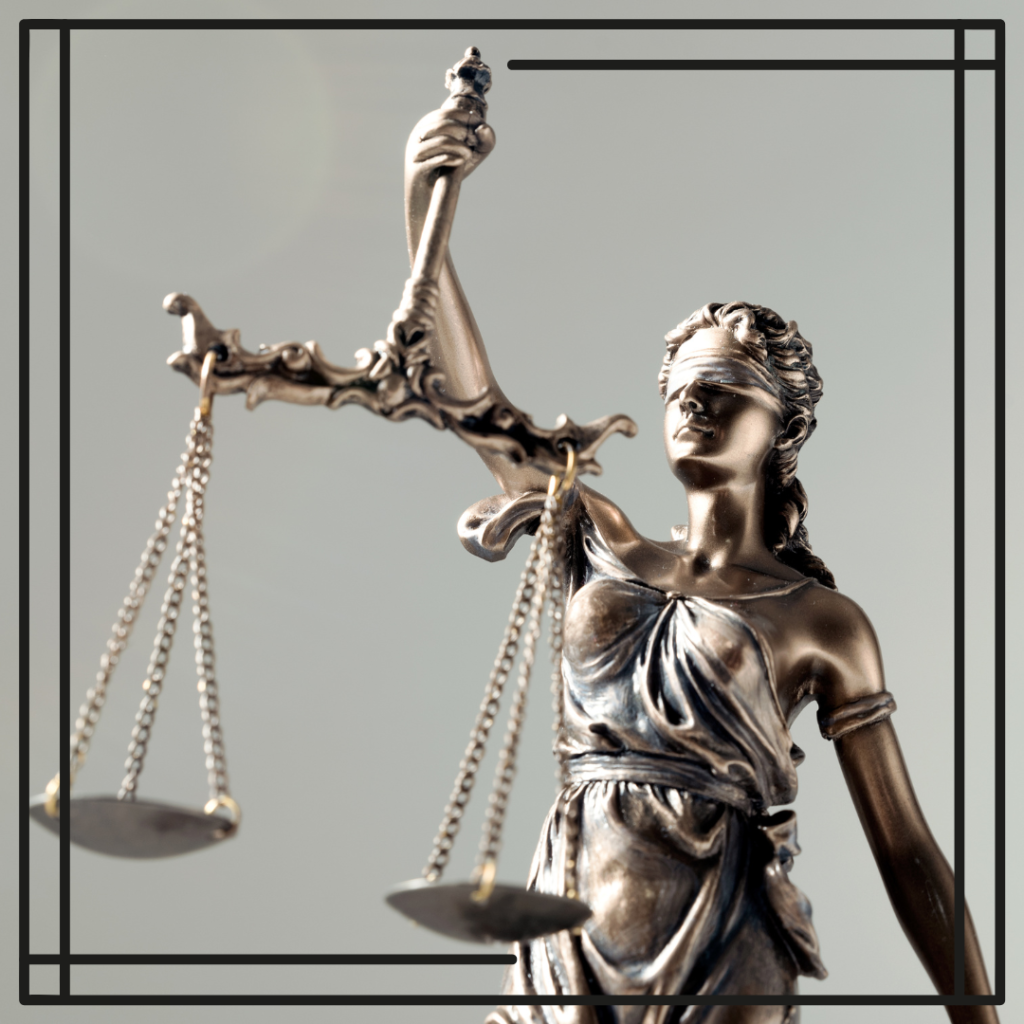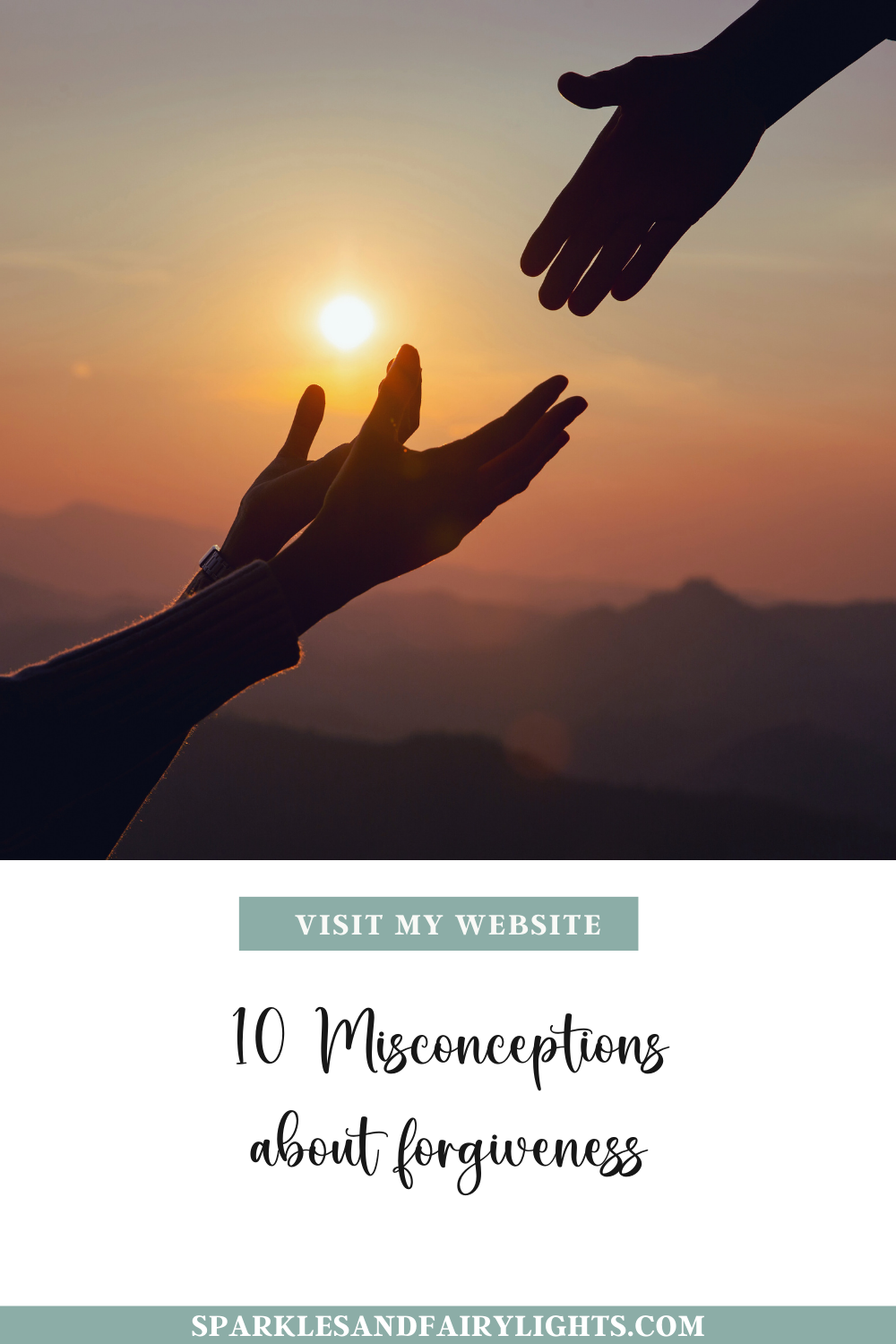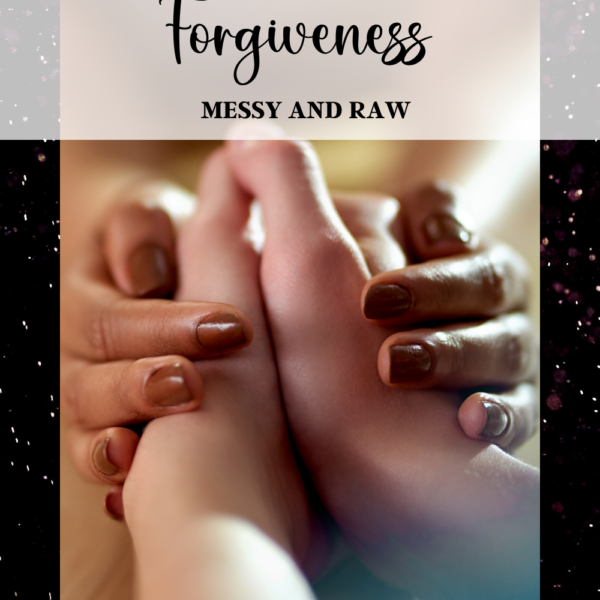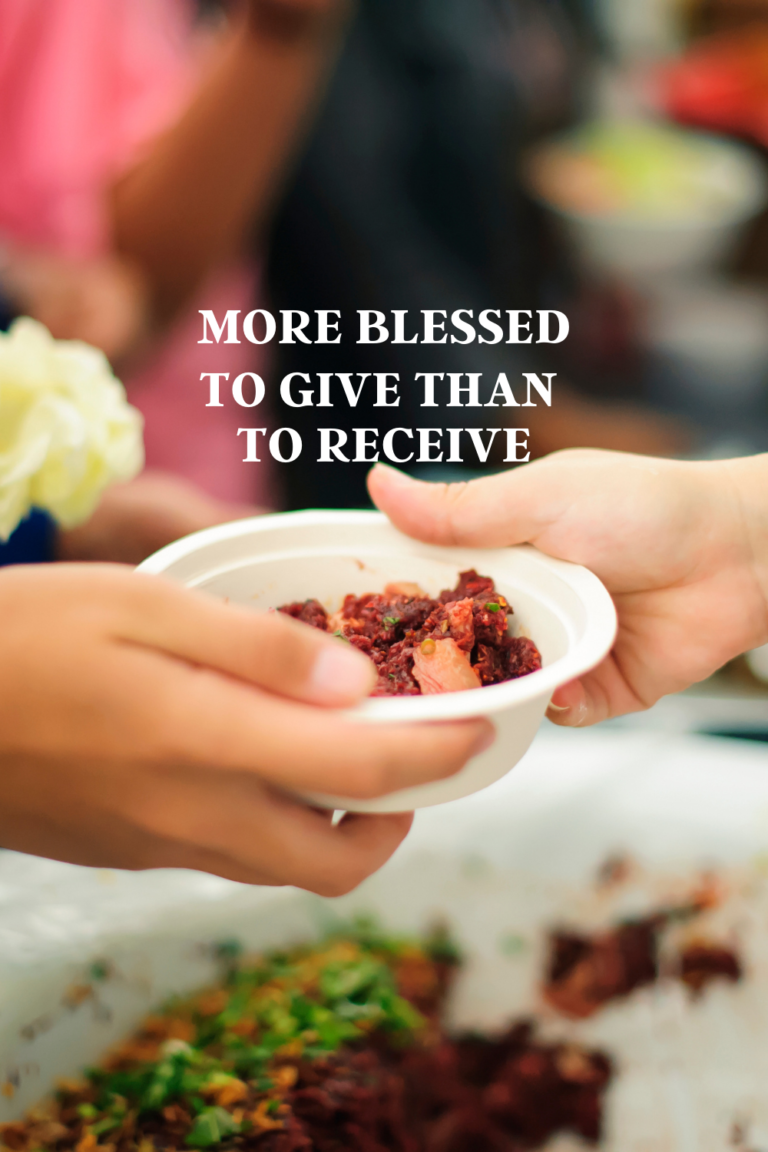10 Misconceptions about forgiveness
In the context of being a Christian, I share lessons learnt about the nuances of forgiveness and specifically the misconceptions that bedevil the process of forgiveness and could hinder it taking place altogether. Perhaps, in some small way, it can be of use to you.
1. Forgiveness is easy

That everyone is in need of forgiveness at some point in their lives is indisputable – no one is perfect and all of us will, inadvertently, end up offending each other at some point. It is just how it is. A relatively small slight or miscommunication is quite easy to resolve, but what about when someone has acted egregiously and been responsible for tremendous loss?
Consequences of actions could range from permanent disability, to being robbed of livelihood to the loss of the life of a loved one. Raw pain is sure to come, or deep humiliation and perhaps raging, out-of-control anger, leaving the offended party reeling by the mere mention of a name.
Anger
Anger is one of the primal emotions when personal boundaries have been violated – that red-hot warning our minds and bodies send us to tell us about the violation. What do we do with these emotions? Ephesians 4:31-32 gives us a good blueprint about how to tackle it. I quote:
31 Get rid of all bitterness, rage and anger, brawling and slander, along with every form of malice. 32 Be kind and compassionate to one another, forgiving each other, just as in Christ God forgave you.
From my own experience, I believe that we need to work through these emotions and do whatever works, whether it be writing about it, talking about it, exercising away the frustration, or resorting to getting professional help if need be, but I implore you, please don’t ruminate on it and allow the anger to fester. If not, it will infect your life with soul-destroying hatred, bitterness and the like – and it will waste so much precious time. It certainly will not lead to forgiveness, but most definitely become a platform for rampant slander and miscreant behaviours.
Jesus, as always, is such a shining example. Through the cross, he died to atone for sin and ensure forgiveness of sin. It cost him everything, his very life; but that was the price he was willing to pay to set us free. Let us not allow ourselves to be entangled in it again when he has paid such a hefty price.
“Any fool can criticise, condemn, and complain but it takes character and self-control to be understanding and forgiving.”
Dale Carnegie
2. Forgiveness is a feeling
The Bible exhorts us to forgive others. Passages like Matthew 6:15 entreat us to do so:
15 But if you do not forgive others their sins, your Father will not forgive your sins.
Perhaps in the battle with our deepest wounds, we have committed the decision to forgive to God only to find ourselves struggling with the raw pain yet again. Have we truly forgiven? When the shock, anger and feelings of betrayal are so raw, how do we remotely know when we have forgiven? Then it is time to stand on our decision before God to forgive.

Oftentimes it comes from a place of desperately wanting to obey God. He knows and understands, despite the outbursts of anger or tears that suddenly well up.
Freedom
In my own struggles, I discovered that my initial decision was enough. Released from the fear that I was unforgiving and somehow offending God, it afforded me the freedom to work through the pain and, one fine day, I found that situations that had triggered me in the past no longer did. Forgiveness had done its work, even though it had taken years. The hurt had been relegated to the pages of history and that is where I intend to keep it.
3. Forgiveness makes you a doormat

I will be the first to confess that I had flawed understanding of the Scripture in Matthew 18:21-22 (New International Version).
21 Then Peter came to Jesus and asked, “Lord, how many times shall I forgive my brother or sister who sins against me? Up to seven times?” 22 Jesus answered, “I tell you, not seven times, but seventy-seven times.
The heartache as a result was so acute, I felt as though I had to forgive anyone every time they hurt me. This misconception held me captive for the longest time. I felt like this gave carte blanche to every Dick, Tom and Harry to come and take a swipe at me. I felt like it was open season and everyone could take a turn to treat me as they wished with no repercussions.
The breakthrough for me came when I realised that I am called to forgive historic offences and not enable someone to harm me over and over again without consequences. I could say enough is enough. Jesus never instructed Peter to allow anyone to sin, certainly not enable them to find new ways to sin without impunity. He was instructing us that we needed to be willing to forgive – and not become the local punching bag. You are a child of the Most High after all, who is love and one of the qualities of love is protection. No my friend, God won’t allow people to just trample all over you.
4. Forgiveness means staying friends
I thought that forgiveness meant resuming a friendship at the same level as before it had been marred. In time, I learnt that sometimes, a friendship has simply run its course – and whether you are the offending party or the offended person – not being friends any longer does not mean that forgiveness has not taken place.
Remaining friends out of this mistaken belief may, in fact, make things worse. It does not mean that you no longer love the person; it doesn’t mean that you wish them ill either.

To the contrary, you have a happy and whole heart but are mature enough to know that the friendship has changed, but even so you wish them well. Then, you know that you have, in fact, forgiven.
I know that I have surrendered something to God entirely and have either been forgiven or have forgiven when the peace that transcends all understanding as described in Philippians 4:7 is experienced and I rely on the fact that Jesus has given us peace.
27 Peace I leave with you; my peace I give you. I do not give to you as the world gives. Do not let your hearts be troubled and do not be afraid. John 14:27
5. Forgiveness always means reconciliation

I poured myself into a friendship years ago. Sadly, it came to an abrupt end, partly as a result of my actions.
In the old days, I would rush to provide assistance if something untoward happened; if a relative was ill, I was at the hospital or lending an ear. When the person needed money, I was there with a parcel that I could ill afford; always willing to give them my most precious of resources: time and energy.
But one day, I figured out that it was not reciprocated, all rather one-sided.
Benefit of the doubt
I decided that I would step back a bit, wait for them to make contact: to see if they really cared about me. Would that person call just to find out how I was? The answer is, No. I thought surely if they cared they would make an effort to see me when my father died. It wasn’t as if I was asking for elaborate affirmations of friendship, just a message to let me know that the individual was thinking of me. I gave them a year to reach out and make time to see me. Nothing. Now, nearly nine years later, I expect nothing.
I tried everything I knew how to do. I went around to said friend’s place, friend was not there; sent text messages – no response; tried social media – same thing. I even posted a card in an effort to reconcile and rekindle a friendship, though multi-faceted and complicated it was, and one I once held so dear. You see, trauma had bound us. And my friend seemed to be lurching from crisis to crisis and I wanted to be a support. It is probably the reason why I felt hurt when my time of need came and went unanswered.
Years later, knowing I had done all I could, I accepted that the friendship would not be reciprocated. I can say with a clear conscience and all my heart that I wish my former friend only the best and if the individual ever decided to give me the time of day, I still have so much love in my heart. Could we be friends in the same way as before, NO, because we are both so different now. But I do not bear any grudges. If I am honest, I am just sad. Perhaps, my former friend feels that I am the one who erred. Time will tell, I suppose.
6. Forgiveness negates reparations
In South Africa, a great deal of pain has been wrought and can be laid squarely on the shoulders and scourge of Apartheid. As a person of colour, it was particularly heartening the day I heard about the attempt by a local congregation to set aside funds for the education of people who were historically disadvantaged.
The backdrop to that is that the former government had spent differently on various population groups based on race – the disparity was large and the lingering impact is still felt today.

Acknowledgement
For these individuals to acknowledge it and make a sincere effort at reparation in a time when others were unwilling to even broach the subject was really something in my books. The money that they had already raised was a drop in the ocean of what we probably needed but did it warm the cockles of this heart. It signalled that in some small corner of the city, there were people who were willing to acknowledge the wrongs of the past and do something concrete and tangible to make a difference.
Even today, a lot of political rhetoric and public discourse that sows division have arisen because, historically, very few people responsible for the unfair discrimination had been held to account. So their gesture went a long way to restoring my belief in mankind. This same congregation also serves their surrounding communities in other important ways, and continues to be a beacon of light. Praise God.
7. Forgiveness can feel mean

In the light of the point I made about not being a doormat earlier, it’s clear that forgiveness is for historical offences; it is not an open invitation to allow someone to keep harming you. Drs Henry Cloud and John Townsend, who wrote the terrific book, Boundaries, have this to say about people who struggle with having boundaries.
“People with boundary problems usually have distorted attitudes about responsibility. They feel that to hold people responsible for their feelings, choices, and behaviours is mean.”
Drs Henry Cloud and John Townsend
To people, who like me, had not a cooking clue about boundaries, it felt mean not to put limits in place. Selfish even. But what I did not understand was that without having limits in place, people would continue with untoward behaviour. There would be a cycle of sometimes irresponsible behaviour, but no change.
Usually, one person has to pick up the pieces, while the offending party merrily goes along with zero consequences. They said sorry didn’t they? Insisting on change of behaviour is not mean in this instance, it is the rational thing to do. Otherwise, I am afraid, resentment and bitterness are sure to become dogged companions.
8. Forgiveness and trust go hand in glove
You might find yourself in a position where trust has been broken. After working through issues, you know that you have come to a place of peace and forgiveness, but can you trust the offending party though?
Every situation is different and discernment is vital. I rephrase the gist of a famous Maya Angelou quote slightly. She expressed that if somebody revealed their hearts to you by their actions, you better believe them. In other words, actions speak louder than words.

Prove to be trustworthy
If somebody comes grovelling to you time and time again without corresponding change, then you had better believe what they have shown you. As you can imagine, yours truly blundered over this for years.
I tend to assume the best of people and can sometimes feel like quite the sucker. Once again, I rely on what Dr Henry Cloud has said in this regard, I quote a tweet of 14 May 2023.
“What someone has done before is usually a good indicator of what will happen next time.”
I implore you not to miss the signs. If individuals have not proven themselves to be trustworthy, they are probably not.
9. Forgiveness does not require vulnerability

Sometimes, situations spiral out of control and become really messy. Friendships are impacted, and we may feel that we don’t even want to risk getting close to a friend who has hurt us, and we may even decide to forgive them, but talk to them, “No way”.
In those instances, what is needed is a actually a heart-to-heart and sometimes we are unwilling. We would rather go and climb a mountain than have a vulnerable conversation and try to hide it under the guise of forgiveness. But the news is grim, that will never work.
The thing about forgiveness – seeking it or being forgiven – is that there has to be vulnerability and culpability. One party, the offending party needs to ask for forgiveness and being willing to be rejected. They have to be deeply vulnerable and admit wrong-doing.
Sorry
Yes, sometimes the other party refuses to talk and there is in a sense a one-sided forgiveness and reconciliation is not possible. But sometimes, folks just plainly fear conflict. They do not feel safe enough to voice disagreement. I have realised many of us have been wounded by attempts to address things in the past and now simply refuse out of fear. Is losing your friend worth it though?
Sorry seems to be the hardest word – a song originally written by Elton John and Bennie Taupin – expresses a sentiment that is all too familiar. Why is it so hard to say the word “sorry“? And sometimes, harder still is to say, “I forgive you.”
If two parties are to reach an amicable agreement, it seems obvious that a great deal of honesty and admission of guilt is required. True forgiveness and reconciliation are not possible otherwise, that is if reconciliation is the goal.
10. Justice won’t be served
It is possible, that you may feel like forgiving someone means that justice won’t be served; fear that someone who has done something horrific will get away scot-free or will never truly understand what pain has been inflicted and endured. They get on with their lives and yours is left in tatters. I can understand the mistaken fear that people may have: I know I did.
What I have realised is that we are all accountable to Someone whether we like it or not. Our lives have been granted to us, and someday the One who gave it to us will demand an accounting for it.

You reap what you sow
Nobody, and I mean nobody, is going to get off scot-free. What scares me is that I am an offending party and deserve judgement as much as the next person. Forgiveness would be amazing, so would God’s grace. In those moments when life seems most unfair, I have been tempted to tell myself that there is karma or what goes around comes around. Not quite, but the Bible says that you will reap what you sow while Proverbs 26:27 admonishes:
Whoever digs a pit will fall into it; if someone rolls a stone, it will roll back on them.
I agree, there is definitely a principle at play but more than that, I want you to know that if you did what God required, he says it is His to avenge. Leave the serving of justice to the Living God who judges justly. Forgive those who sinned against you because they have to give an account to God and the All-knowing God lets nobody off the hook. Romans 12:19 puts it like this:
Do not take revenge, my dear friends, but leave room for God’s wrath, for it is written: “It is mine to avenge; I will repay,” says the Lord.
LATEST POSTS
Workplace confidence busters in your 40s
Are you in your 40s, doubting yourself on the job, feeling cranky and generally like you are on a never-ending rollercoaster? To boot, you can’t be too bothered about the work that doesn’t interest you as much any more and…
For appearance’s sake
One day, while taking one of my customary walks, I became quite curious about a specific house in passing. It had clearly seen better days and was minus a layer or two of paint – weather-worn is probably the best…
Forgiveness – messy and raw
It is hard to forgive from the heart, that is for sure. Today we unpack: Forgiving yourself First, forgiving yourself for indiscretions done unwittingly and the forgiveness required when you have done something knowingly with, sometimes, reckless abandon. Secondly…
Effective communication saying nothing at all
Reading the room Are you good at “reading the room”? Is it even important for the solopreneur or leaders and owners of small businesses? And what exactly does it mean? Well, in a nutshell, it means understanding the subtle, non-verbal…
Water: sensuous luxury for the soul
For me, life’s little luxuries are those little pleasures or comforts that make life worth living; not necessarily are these the most expensive items money can buy, though often they are, in a sense, priceless. I make the case for…
- The human value and capacity driving copywriting in 2025 - March 6, 2025
- Authenticity, professionalism and hope in a curated world - February 6, 2025
- Authentic epiphany watching the trailer for “With love, Meghan” - January 27, 2025












